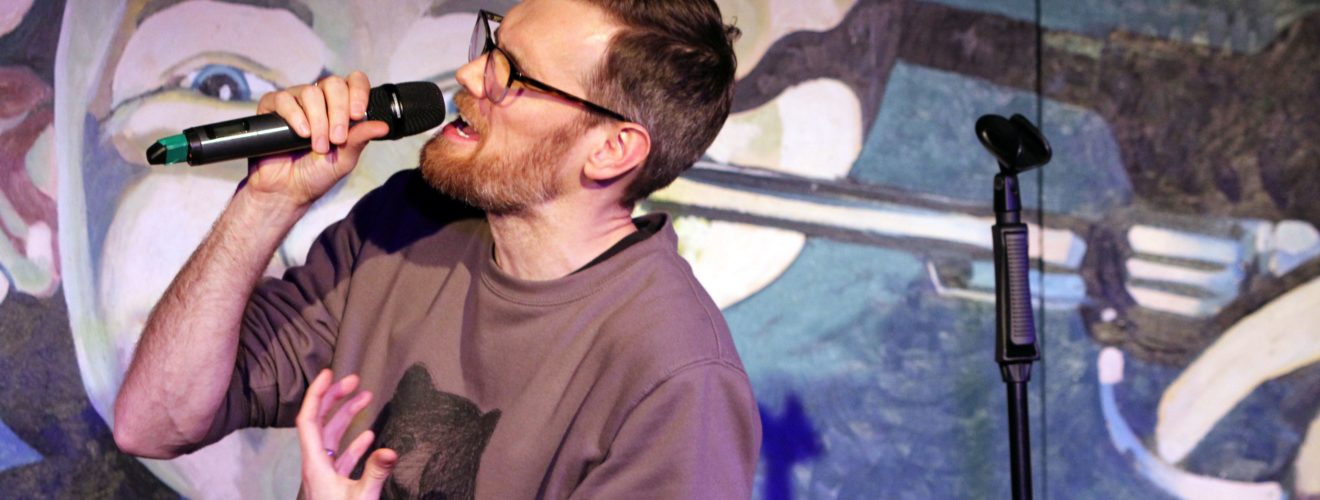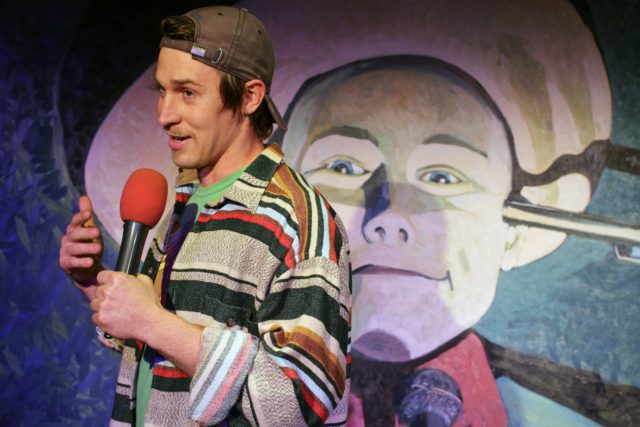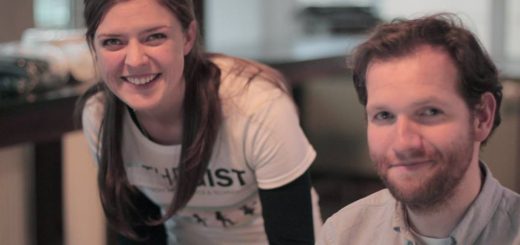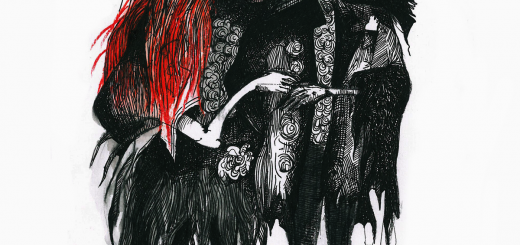Bright Club: communicating research through comedy

Here’s a thought experiment that often pops up among me and my friends in-between comedy shows at the Edinburgh Fringe: if you had to go up on stage right now (or in this case, right after reading this article) and deliver a comedy routine, what would you talk about? Up until recently, the last subject that would have occurred to me to talk about would be my PhD research. Research isn’t funny. Often, it struggles even to be remotely interesting; as someone who is in the throes of thesis writing, this feels truer now than ever. And I’ve seen my gran’s eyes glaze over every time I start trying to explain to her what it is I do.
Suffice to say, I never considered the untapped comedy potential that research can have. That was until I found out about Bright Club.
Bright Club is a UK-wide initiative, which takes academics out of their ivory towers and forces them to tell jokes about what they do day-to-day. Well, ‘forces’ is harsh — I’ve been assured they do it willingly. The performers I’ve met claim to enjoy it and many even came back for repeat performances. The first Glasgow show was arranged by Zara Gladman (now of BBC The Social fame1) eight years ago, and has been going strong since. Now Peter Murray, a research fellow at the Institute for Gravitational Research by day, is the man behind it.
Peter invited me along to the training sessions ahead of the November show, to find out more about the process. Each of the performers came along to the first training day with various levels of experience and preparation. Some had early scripts, while others purely had a few loose ideas to build on. It’s a collaborative and friendly environment; they even let me offer (bad) feedback. One performer floated the idea of doing character comedy (where the comedian takes on a satirical personality which drives much of the humour — think Alan Partridge) but they were talked out of it, eventually leaving the session with a totally different plan with the help of their fellow academics-come-comics.
The idea of Bright Club is that there is less pressure on a comedy set if you’re talking about research — if it isn’t funny well here, at least you’ve taught the audience something. And you can gain skills too. As any academic knows, presenting at conferences or teaching classes are a part of the job. After doing stand-up, this surely becomes much easier in comparison.
In early November, I was invited along to the show. Peter estimates there were around 140 people there, cramped into the low-ceilinged comedy club. I felt nervous for the performers. And yet, there was no need. The night segued from comedy about language to the Bible, to computer logic, Victorian literature, Celtic studies, geology, and a manifesto for improving academia working experiences.
There’s no doubt it’s nerve-wracking though. I caught up with one of the performers, Mike Schiltz a 2nd year PhD student, after the final rehearsal. Before going on stage he said “[he] was looking at the painting up there [behind the stage] with like the little kid with [..] the handgun [to his head…] and [he] was like ‘oh god I finally realise it makes sense now. You walk on to the stage and it’s like ‘ok, here we go.’ ”

He need not have worried. His set went swimmingly; easing its way from geology puns to a fun fact about the infamous Loch Ness Monster (turns out, rumours of Nessie could be traced back to the grumbling of an earthquake), to a foray into physical comedy with a ‘geological time dance’.
Another first-time performer, Louise Creechin, explained how easy the writing process turned out to be. She “had to actively stop [her]self from thinking new material” in order to keep her set down to time. She said, “you start seeing patterns in your work where [you think] ‘oh my god I need to make a joke out of that’ ”. The benefits of academic stand-up for her are about “taking engagement a step further” and “actively” getting people involved via comedy.
Everyone loves a laugh. If you can hit them with some facts in-between times, it seems an easy way of making that knowledge stick.
Provisional Glasgow Bright Club dates for 2020 are 9th March, 27th April, 8th June, 9th Nov. Find them on Twitter @BrightClubGLA or on Facebook @brightclubglasgow
This article was specialist edited and copy-edited by Ailish McCafferty.
References
- You may have seen her singing about house plants: https://www.bbc.co.uk/programmes/p07bwwqn










